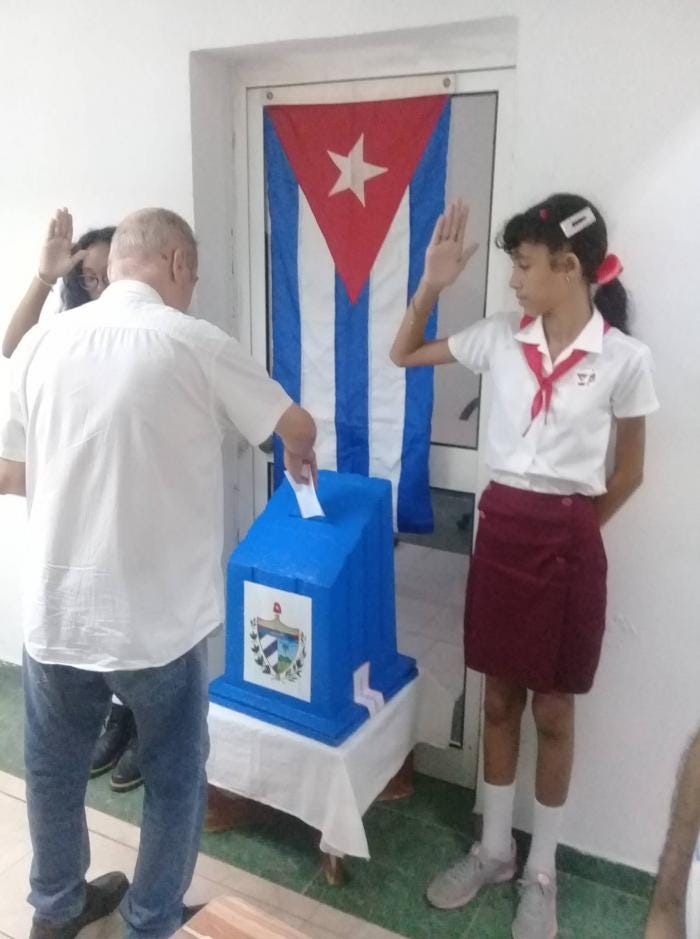On September 25, 2022, Cuban voters approved in referendum a new Code of the Families. Of a total of 8,447,467 eligible voters, 74% participated in the referendum, with 94% of them submitting a valid ballot. Among the valid ballots, 67% voted “Yes” on the referendum, and 33% voted “No.”
By international standards, the project of the Code of the Families was a great success, with high levels of participation in the popular consultation and the referendum, and with a final consensus attained. However, by the standards forged by the Cuban Revolution, the final results of the referendum indicate a relatively soft level of support. The Constitution of 2019, by way of comparison, was approved in referendum by 87% of the voters, with a voter participation rate of 90%. That is, the participation rate for the Code of the Families referendum was 26% lower than the referendum on the 2019 Constitution; and…



